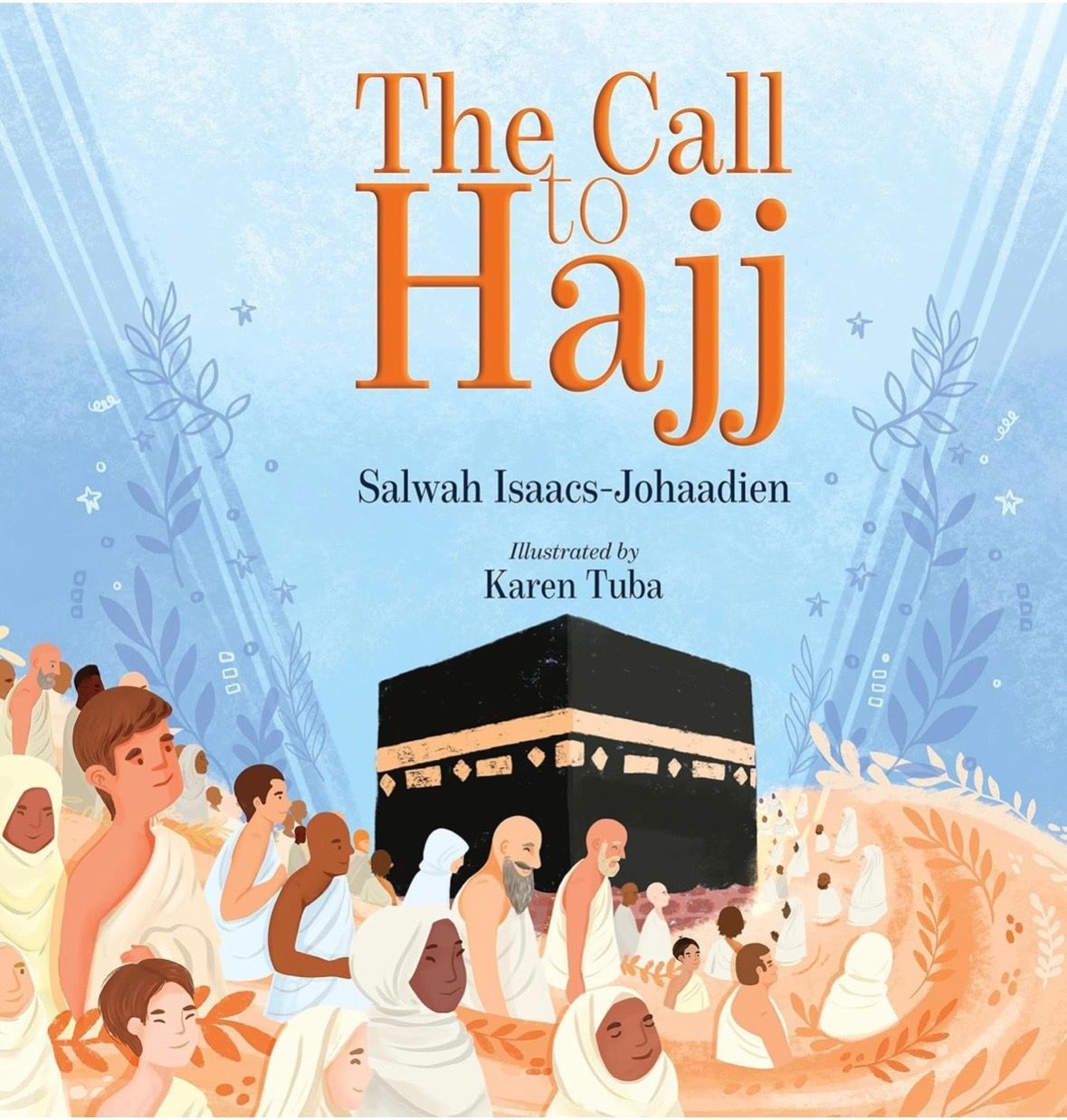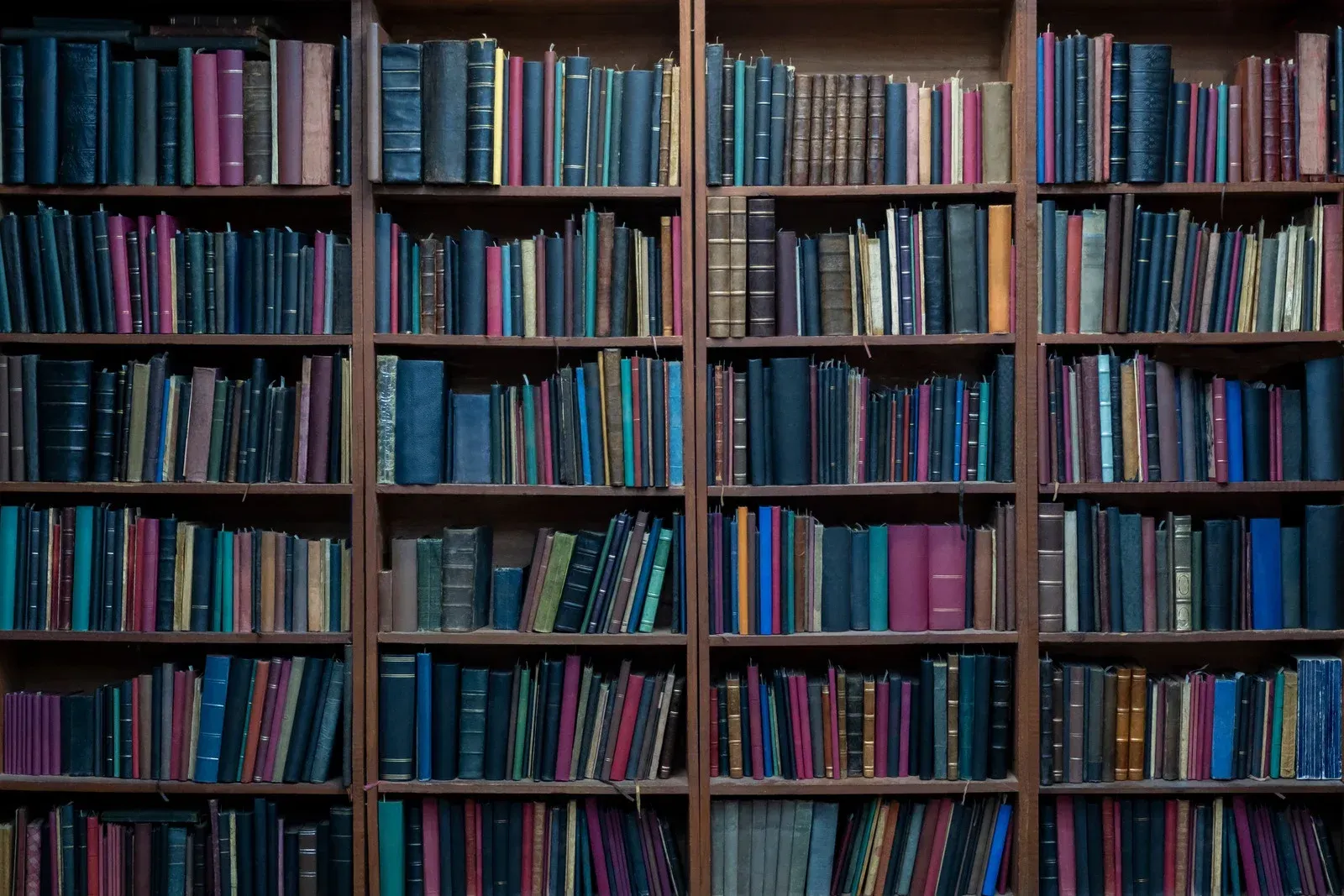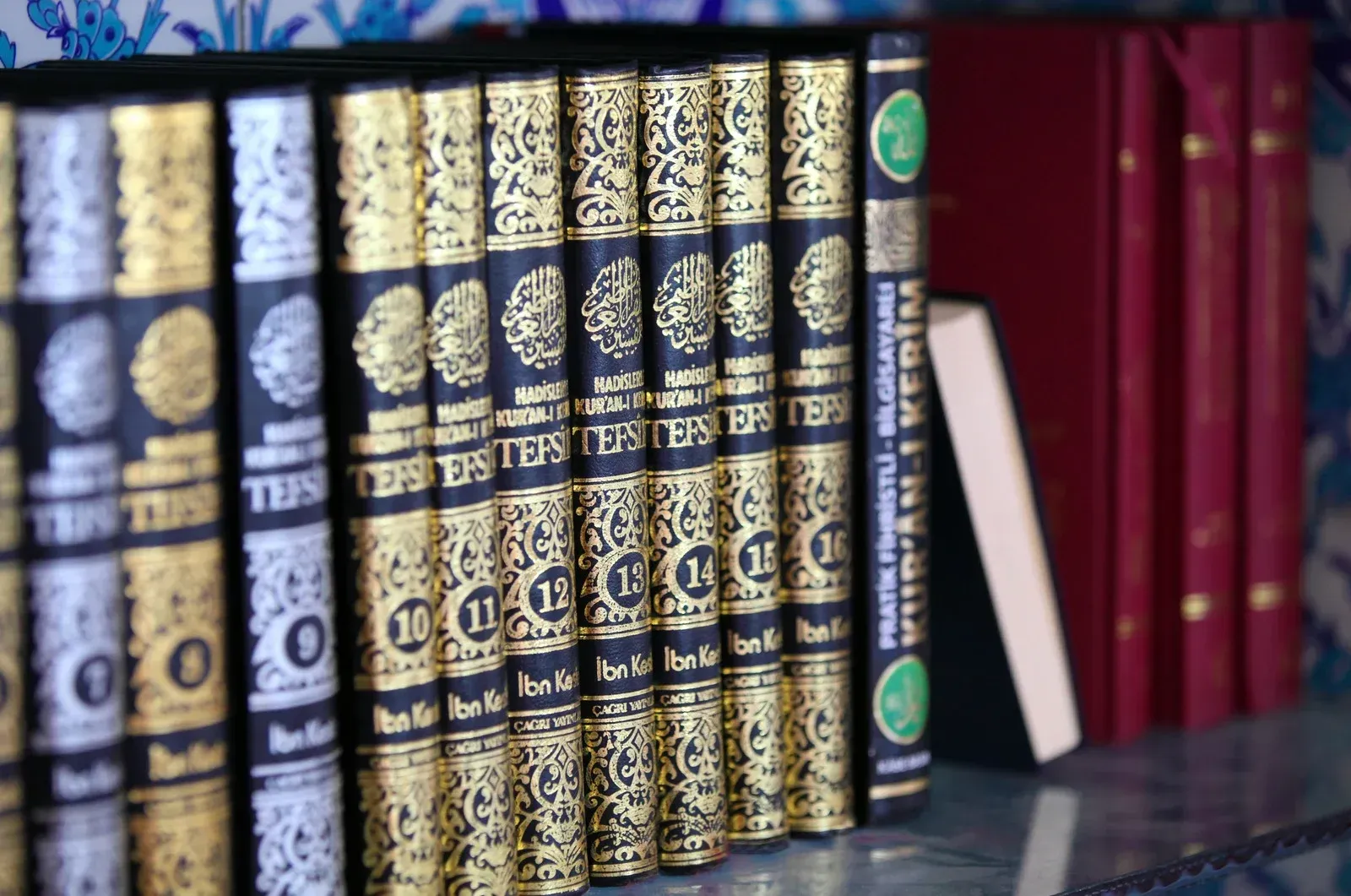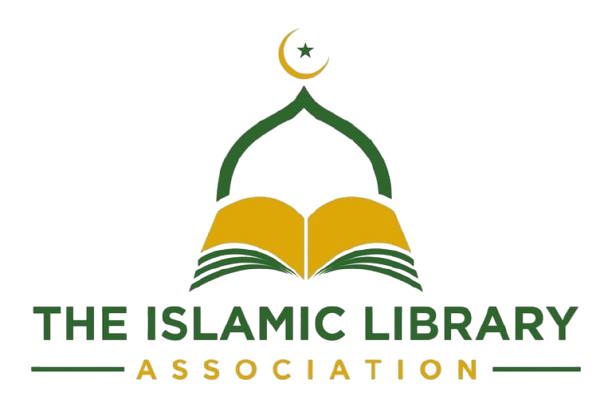Understanding the Role of Islamic Libraries in Modern Education
Islamic libraries have long served as cornerstones of intellectual, spiritual, and cultural development in Muslim societies. Today, their relevance continues to grow, especially as education systems seek to broaden their scope beyond conventional curricula. By curating timeless Islamic texts and scholarly works, Islamic libraries provide a unique educational resource that bridges classical knowledge with contemporary learning needs.
Bridging Academic Gaps Through Authentic Sources
In modern education, there's a growing emphasis on inclusivity and a well-rounded understanding of world cultures and belief systems. Islamic libraries help fill a vital gap by offering students and researchers access to primary sources and authentic interpretations rooted in Islamic tradition. These collections support a wide range of academic fields, including theology, history, literature, ethics, and law. As more institutions recognize the value of interdisciplinary learning, the presence of Islamic libraries becomes an important element in developing global awareness and intellectual depth.
Digital Access Broadens Reach and Understanding
Technology has transformed how students engage with information, and Islamic libraries have adapted to meet this shift. Many now offer digital archives, searchable databases, and remote access to rare manuscripts. These resources allow students and educators worldwide to explore centuries of Islamic thought without being limited by geography. Digital platforms also support language accessibility by offering translated texts, making it easier for non-Arabic speakers to connect with foundational works of Islamic scholarship.
Fostering Ethical Growth Through Classical Wisdom
In addition to academic benefits, Islamic libraries also nurture moral and ethical development. The texts housed within these collections offer profound insights into human behavior, justice, compassion, and responsibility. Students exposed to these teachings often develop a more nuanced and empathetic worldview. In a time when values-based education is being emphasized, these libraries offer a model rooted in centuries of wisdom and lived experience.
Partnerships Strengthen Curriculum and Dialogue
Educational institutions partnering with Islamic libraries also gain the advantage of expert guidance. Scholars or individuals with deep knowledge of the Islamic intellectual tradition manage many libraries and
book clubs. Their curatorial decisions help shape collections that are both rich in content and relevant to modern learners. These partnerships often result in lectures, workshops, and study groups that extend the learning experience beyond textbooks and into meaningful dialogue.
Critical Thinking Is Rooted in Classical Debate
Furthermore, Islamic libraries support the development of critical thinking. Classical Islamic scholarship is built on rigorous methods of inquiry, debate, and cross-disciplinary integration. When students engage with these texts, they learn how to analyze arguments, challenge assumptions, and explore the complexities of faith, law, and ethics. This type of intellectual training enhances their capacity for independent thought and strengthens their ability to engage with diverse perspectives.
Preserving Identity While Inspiring Curiosity
The presence of Islamic libraries also helps preserve cultural identity in a rapidly changing world. For students from Muslim backgrounds, these spaces offer affirmation and connection to their heritage. For others, they serve as gateways to understanding a tradition that has deeply influenced global civilization. In either case, they create opportunities for learning that go beyond the classroom and into the broader human experience.
For over 15 years, The Islamic Library Association, based in Charlotte, North Carolina, has dedicated itself to advancing Islamic education through its vast literary collection and educational outreach. By supporting students, educators, and researchers with curated Islamic texts and digital resources, the organization continues to serve as a vital bridge between tradition and modern scholarship. Visit their website to learn more about their mission and explore ways to support their efforts in promoting Islamic knowledge for future generations.




